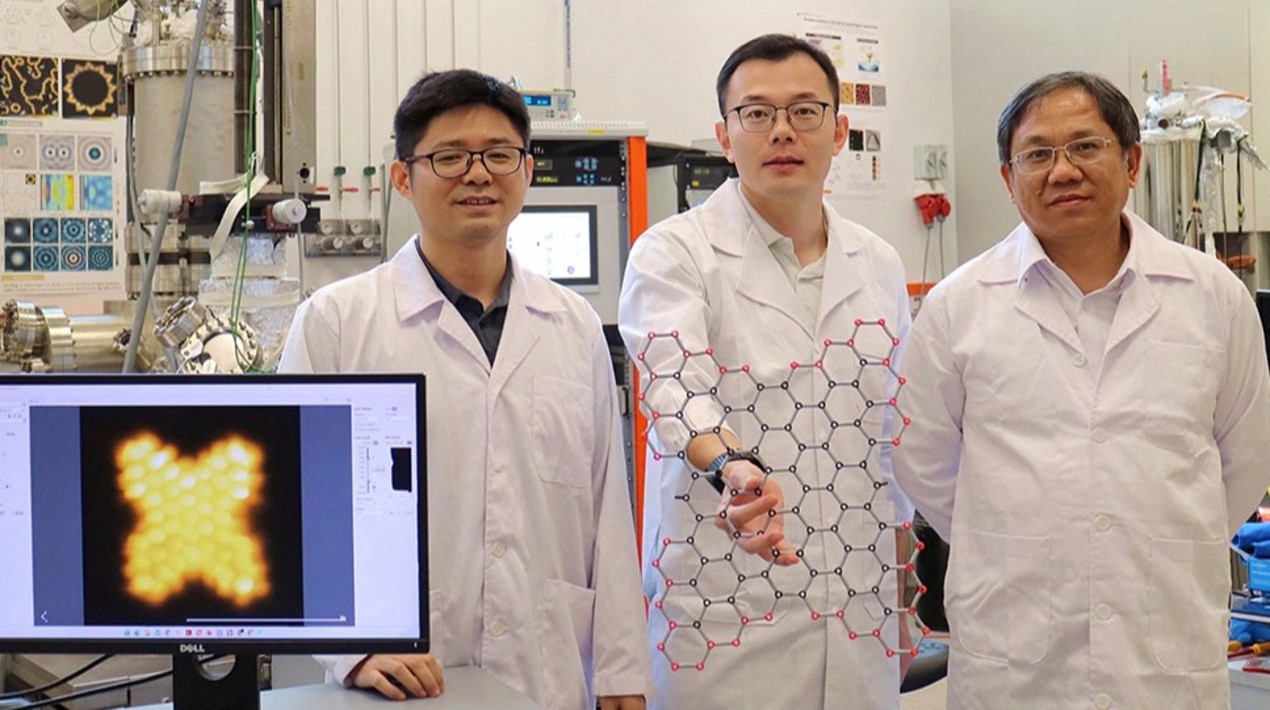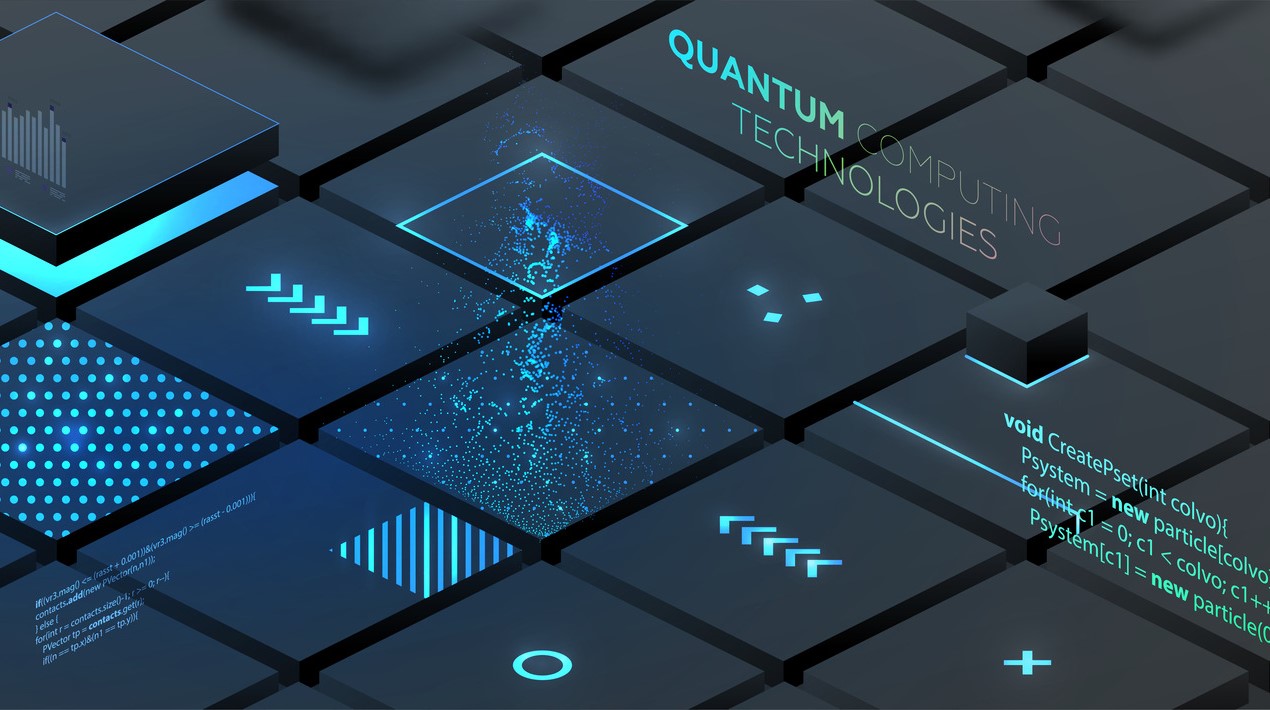
The buildings and construction sector contributed for 38% of total global energy-related carbon dioxide emissions in 2019, according to Indonesia’s International Energy Agency (IEA). According to the World Green Building Council, as the world population grows and becomes more urbanised, the building stock is expected to double by 2050, increasing the sector’s impact on climate change.
It is clear that a transition in the sector is required – and people are already seeing this with the planning and development of green buildings around the world. A green building, as the name implies, is one that is constructed with the goal of preserving our climate and natural environment.
As much as possible, such buildings strive to enhance the quality of our lives by employing sustainable and non-toxic materials and providing a healthy indoor environment. As one of the world’s largest emitters of greenhouse gases, Indonesia is making good progress in greening its buildings. It has implemented green building standards in its major cities, with a goal of reducing building energy intensity by 1% per year until 2025.
Indonesia has recently updated its nationally determined contribution (NDC). The Nationally Determined Contribution (NDC) of Indonesia outlines the country’s transition to a low-carbon and climate-resilient future.
Apart from confirming its first NDC from 2016, which called for a 29-41% reduction in carbon emissions by 2030, it has included ocean and marine issues in its emissions strategy. The country’s net-zero target date has also been shifted from 2070 to 2060 by the authorities. More can and must be done, however, as humanity is urged to race to net zero.
Buildings emit carbon dioxide not only when they are fully operational. In fact, building materials such as steel, cement, and glass, as well as building construction and demolition, account for 10% of global carbon emissions.
As a result, a comprehensive approach to reducing carbon emissions across the entire lifecycle of buildings is required, including design, material production, logistics, and construction processes. The modular approach provides the industry with the opportunity to manage construction in a more sustainable manner.
This method of construction entails producing standardised structural components in an off-site factory and then assembling them on-site. In addition to significantly shortening project timelines, this approach results in higher resource efficiency during production and a significant reduction of waste and site disturbance when compared to traditional site-built structures.
In addition to innovation, proper policy and regulatory support are essential in encouraging the transition to a more resilient built environment in future cities. In recent years, there has been an increase in the implementation of building rating schemes.
These schemes, which establish minimum requirements for water reuse, energy efficiency, and comfort, are an important policy lever that can provide regular feedback on the energy and water efficiency of individual buildings. It also aims to inform whether progress is being made toward greater efficiency improvements and carbon footprint reduction in the building sector as a whole.
Buildings play an important role in everyday life, from homes to offices, schools to hospitals. As people work to rebuild better after the COVID-19 pandemic, Indonesia’s World Green Building Week this week reminded the country of the importance of the building and construction sectors in strengthening resilience to climate change and beyond. It is also a platform for reflection, learning, and change leadership.
Indonesia has a lot of potentials to improve its resilience, and so does the building and construction industry. By collectively taking bold action on climate change, the country will establish a more sustainable future for future generations.
















